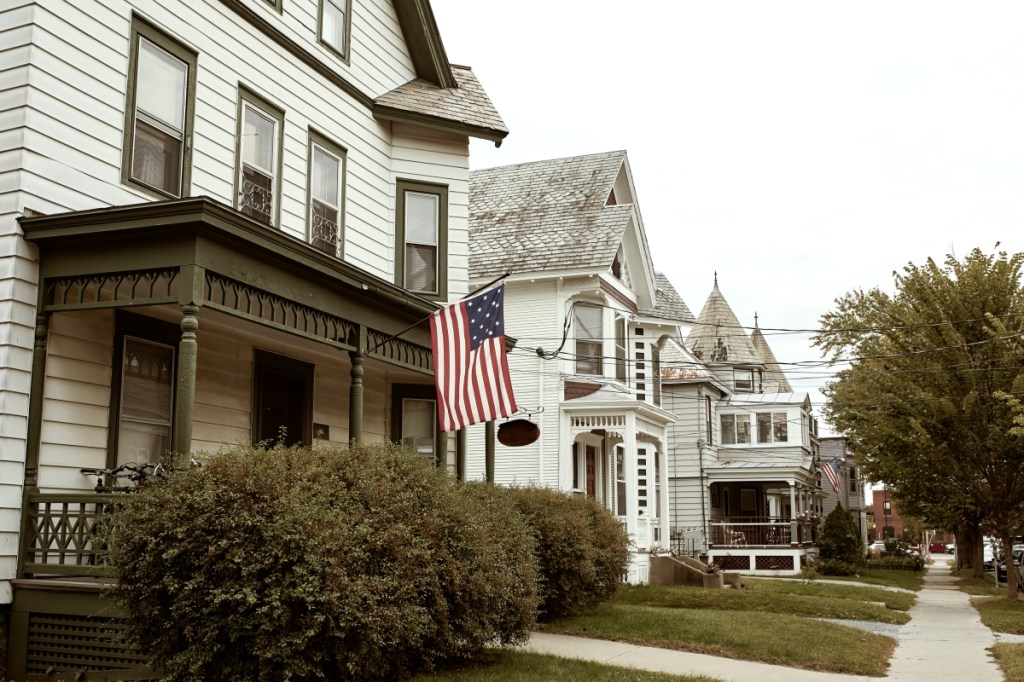The average U.S. mortgage rate for a 30-year fixed loan fell to 2.8% this week, another record low, Freddie Mac said in a report on Thursday. The rate fell one basis points from the week prior and is now six basis points lower than the original all-time low set in mid-September.
The average fixed rate for a 15-year mortgage was 2.33%, falling from last week’s 2.35%.
After this week’s dip, there have now been 13 consecutive weeks when average mortgage rates have been below 3%, and rates have broken records 11 times this year.
“Mortgage rates remain very low, providing homeowners who have not already taken advantage of this environment ample opportunity to do so,” said Sam Khater, Freddie Mac’s chief economist. “Mortgage rates today are on average more than a full percentage point lower than rates over the last five years.”
In March, in an effort to buffer the economic blows from the shutdown, Federal Reserve Chairman Jerome Powell announced the Fed would start buying bonds to prevent a credit crunch and make borrowing cheaper. According to Fed data, the central bank has bought over $1 trillion in bonds backed by home loans since then.
While purchase loans are seeing record-low rates, the adverse market fee imposed on refinance loans by the FHFA in August make record lows for those loans unlikely.
During this week’s Mortgage Bankers Association annual event, the heads of Fannie Mae and Freddie Mac discussed the adverse market fee.
“As you know, safety and soundness is one, two, and three for us,” said Fannie Mae CEO Hugh Frater. “And for us to play our role in all markets, good and bad, markets small and large, we have to do it safely and soundly with long-term risk management in mind. And that’s the rationale for this change, as the GSEs are shouldering significant risks associated with the pandemic — as the principal risk taker, we have to price that risk appropriately.”
He added that while the housing market has demonstrated real resiliency, “many millions of borrowers are under stress, there’s still significant risk caused by economic uncertainty both in the near term and the longer term. And we’re required by law and regulation to be compensated for these risks and these costs.”
Freddie Mac CEO David Brickman struck a similar tone, saying that the GSEs have provided “extraordinary support” to the market.
“Costs have changed, risks have changed. What we put in place is an appropriate and prudent response to that change in the external environment for us to support struggling homeowners.”
They both noted that with interest rates still low, borrowers will realize savings, even with the 50 basis point refinance fee factored in. “But obviously, anybody who’s refinancing their mortgage at a lower rate is already beginning to save in terms of their mortgage payments, this only means they save just a little bit less than they would have otherwise,” said Brickman.





